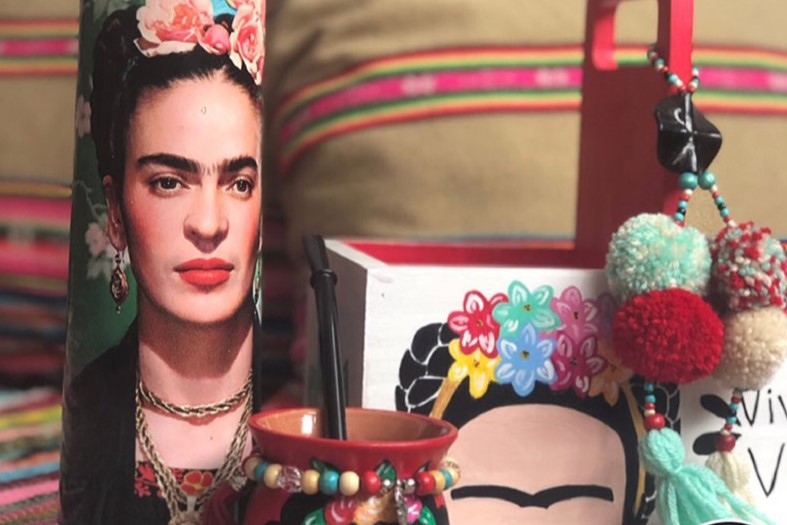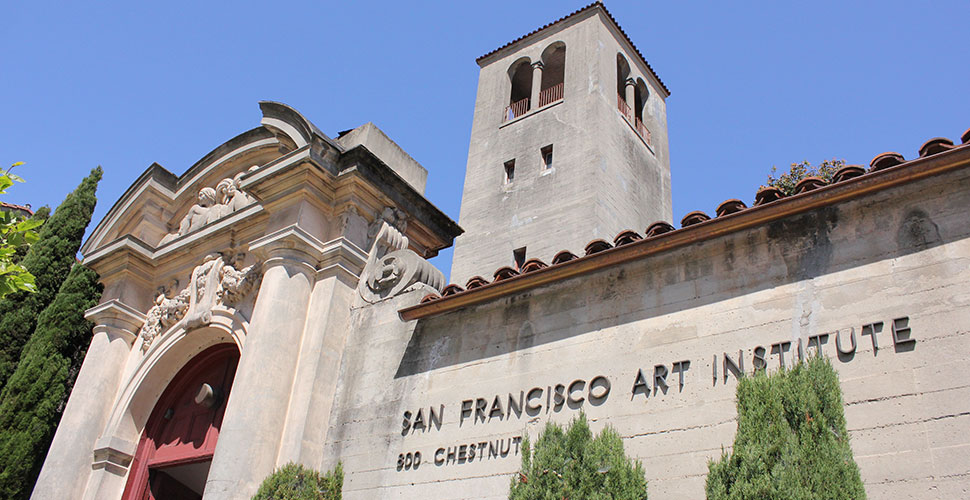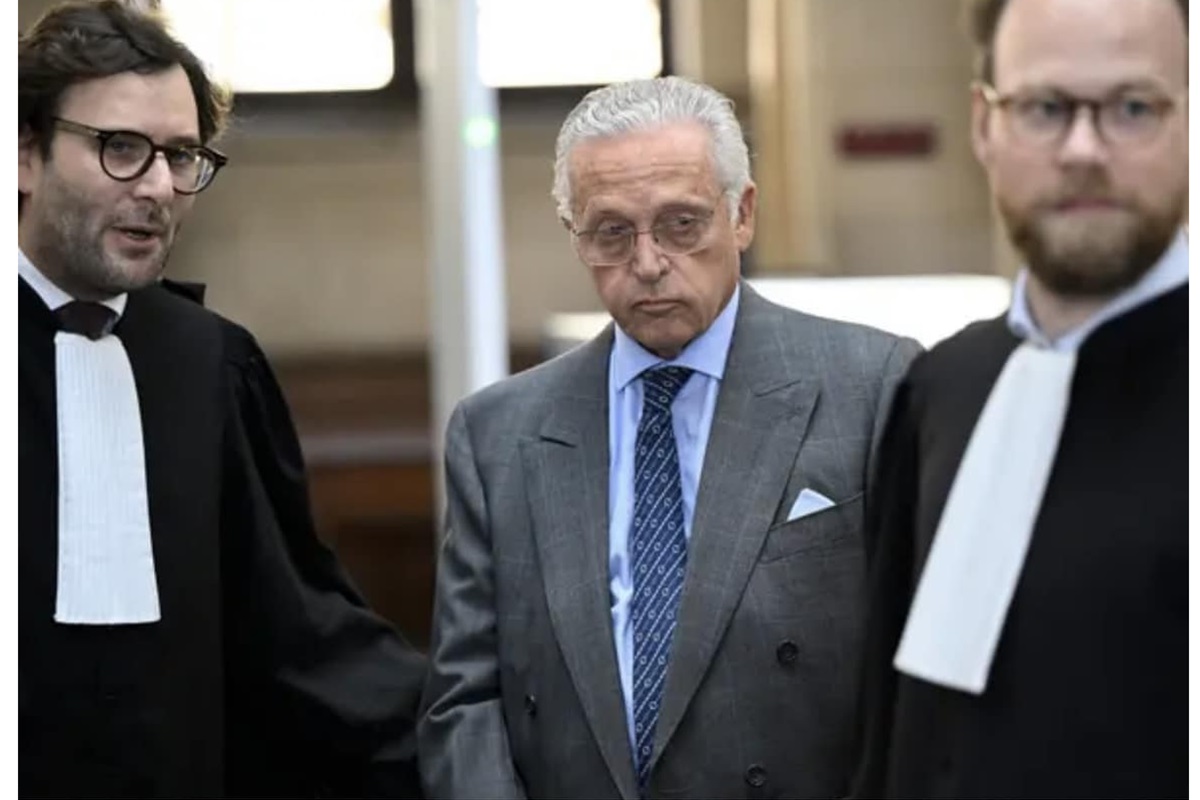
In a proactive move to safeguard the integrity of Frida Kahlo's legacy, the Frida Kahlo Corporation (FKC) has escalated its efforts to combat the unauthorized commercialization of the iconic artist's image. Taking a decisive stance against trademark infringement, FKC recently initiated legal proceedings by filing two lawsuits in an Illinois district court. These lawsuits allege that a network of online sellers has been unlawfully profiting from the sale of counterfeit Frida Kahlo products, thus violating FKC's trademarks.
The legal action seeks redress in the form of damages, either in the entirety of associated profits derived from the illicit trade or a substantial sum of $2 million for each trademark violation. This bold move underscores FKC's commitment to upholding the integrity of Frida Kahlo's legacy and protecting her image from exploitation.
According to the allegations laid out in the lawsuits, the accused sellers have been operating under fictitious identities, collaborating clandestinely to evade legal scrutiny. They have been observed communicating regularly in online forums, where they exchange strategies for managing multiple accounts and circumventing detection. This concerted effort to undermine FKC's trademark rights highlights the challenges posed by online counterfeiting and the importance of robust legal action to combat such illicit activities.
Founded in 2004 by Isolda Pinedo Kahlo, the niece and rightful heir of Frida Kahlo, FKC has been entrusted with the task of managing and preserving the artist's legacy. Central to its mission is the responsible commercialization and licensing of the "Frida Kahlo brand" through the trademarking of various aspects of the artist's identity. However, navigating Kahlo's complex anti-capitalist legacy has not been without its hurdles. FKC has faced scrutiny and criticism in the past, particularly in relation to its commercial pursuits, such as the contentious release of the Frida Kahlo Barbie doll.
Despite these challenges, FKC remains steadfast in its commitment to honoring Frida Kahlo's artistic vision and cultural significance. Through vigilant legal action and strategic partnerships, FKC continues to uphold the values and principles that define the enduring legacy of Frida Kahlo.

The overall cost fell just shy of $30 million.

According to the prosecutor, the Wildenstein case is labeled as the "lengthiest and most intricate tax fraud in contemporary French history.